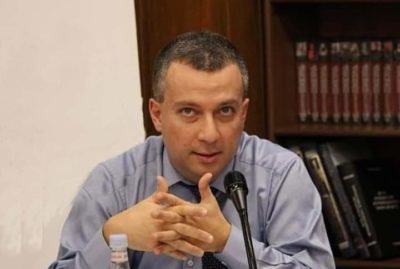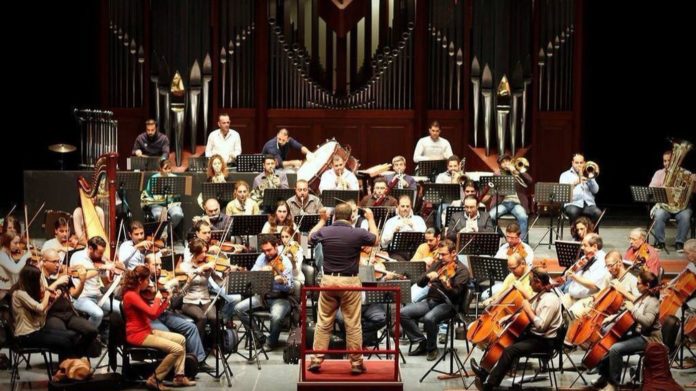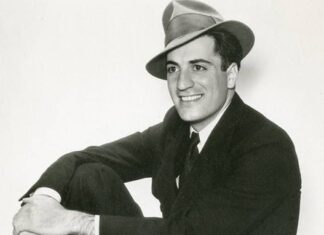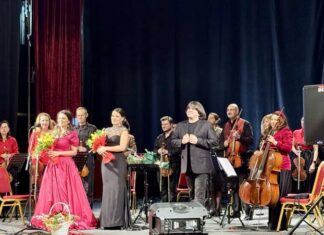By Nabhi Bulos
DAMASCUS (LA Times) — Linda Bitar sat up in her chair behind a pair of timpani and took a deep breath as the swell of the violins reached a climax.
“Ihkili, Ihkili, aan baladi ihkili,” she sang, the lilt of the ney, a type of flute, blending with the words:
“Tell me, tell me, about my country, tell me. Tell me about my family, tell me about my house … swear to me you’ll tell me about the olive tree.”
The song, a moving lament for those who’ve left their homeland behind, seemed a fitting choice for Bitar and the other musicians assembled one crisp morning at Damascus’ opera house. As the last remaining members of the Syrian National Symphony Orchestra, they have watched seven years of civil war hollow out their lives and slowly mute the music they once played.
Dozens of musicians have left, escaping the growing violence that has steadily reshaped the calculations of daily life in Damascus, Syria’s capital. Others fled to avoid being drafted, while some who were studying or working abroad abandoned any thought of returning to Syria, where their passion for the classics seemed increasingly irrelevant.









